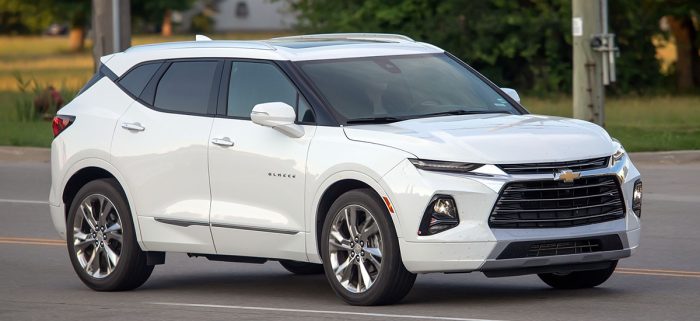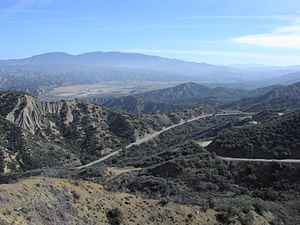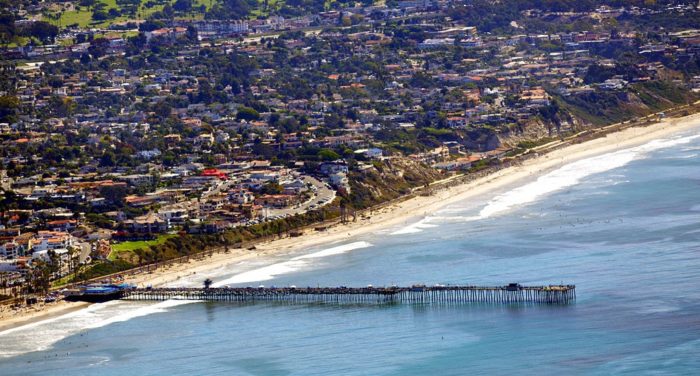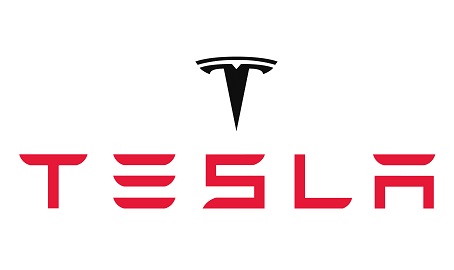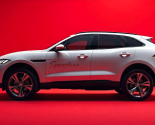Now Reading: California approves vehicle pollution regulations in rebuke to Trump administration
-
01
California approves vehicle pollution regulations in rebuke to Trump administration
California approves vehicle pollution regulations in rebuke to Trump administration
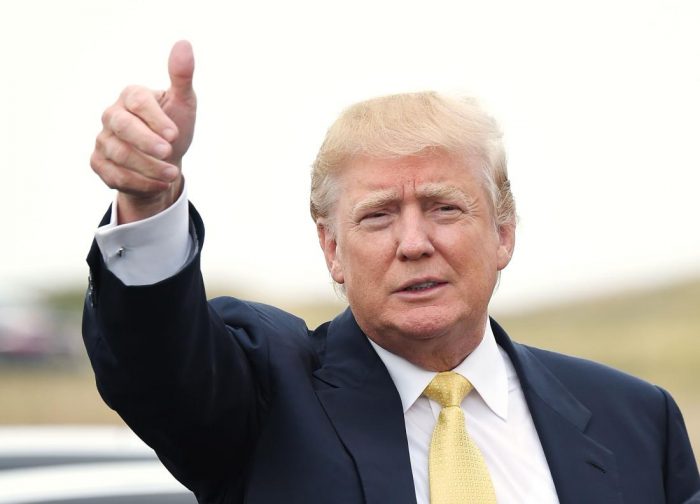
California on Friday challenged the Trump administration’s method to vehicle pollution, approving standards that the White House stated still require review and establishing a potential face-off between federal and state regulators.
California Governor Jerry Brown and other state authorities have pledged to lead the defense of environmental and other typically liberal factors against Donald Trump.
Few of the states follow California’s vehicle policies in full or part, and the possible face-off between federal and state regulators could be costly for automakers and a headache for customers.
On Friday, the California Air Resources Board in an unanimous vote settled 2022-2025 automobile pollution policies for the state, set a mandate for zero-emission sales over the exact same duration, and ordered its personnel to begin work on targets for after 2025.
Recently, the Environmental Protection Agency (EPA) stated it would reassess the 2022-2025 tailpipe emissions targets after carmakers requested the evaluation.
The Obama administration hurried to finalize the federal standards after Trump’s election and carmakers said there was insufficient time for consideration.
California Air Resources Board Chair Mary Nichols scolded carmakers for requesting federal intervention and questioned whether they wished to weaken California’s authority.
“Exactly what were you thinking when you tossed yourself on the mercy of the Trump administration to attempt to solve your issues?” Nichols stated. She welcomed the car market to suggest implementation modifications that would not undermine the program’s objectives.
John Bozzella, president and CEO of the Global Automakers market alliance, concentrated on the potential for cooperation, instead of the board’s criticism.
“I think we are where we wish to be, which is working together,” he stated. “We’re dedicated to a national program.”
A White House authorities, expecting the California vote, informed Reuters the Trump administration was dedicated to safeguarding jobs and providing customers with inexpensive cars.
“We are disappointed that California has decided to decline our good-faith deal to work together with all pertinent stakeholders on this important matter,” the individual stated.
Stay Informed With the Latest & Most Important News
Previous Post
Next Post
-
![2026 Toyota Hilux EV: A Powerful Truck with Silent Torque]() 012026 Toyota Hilux EV: A Powerful Truck with Silent Torque
012026 Toyota Hilux EV: A Powerful Truck with Silent Torque -
![2027 Mercedes-Benz S-Class Debuts with V8 Engine [Photo Gallery]]() 022027 Mercedes-Benz S-Class Debuts with V8 Engine [Photo Gallery]
022027 Mercedes-Benz S-Class Debuts with V8 Engine [Photo Gallery] -
![The Financial Benefits of Corporate Fuel Cards for Fleet Management]() 03The Financial Benefits of Corporate Fuel Cards for Fleet Management
03The Financial Benefits of Corporate Fuel Cards for Fleet Management -
![What Are the Most Reliable Jaguar F‑Pace Parts to Maintain SUV Safety and Comfort?]() 04What Are the Most Reliable Jaguar F‑Pace Parts to Maintain SUV Safety and Comfort?
04What Are the Most Reliable Jaguar F‑Pace Parts to Maintain SUV Safety and Comfort? -
![Performance Toyota Hilux Clutch Kits: Are They Worth the Investment?]() 05Performance Toyota Hilux Clutch Kits: Are They Worth the Investment?
05Performance Toyota Hilux Clutch Kits: Are They Worth the Investment? -
![What Is the Cheapest Ford Truck? A Guide to Affordable Ford Pickup Options]() 06What Is the Cheapest Ford Truck? A Guide to Affordable Ford Pickup Options
06What Is the Cheapest Ford Truck? A Guide to Affordable Ford Pickup Options -
![The Future of Exhaust Headers: Advancements in Materials and Technology]() 07The Future of Exhaust Headers: Advancements in Materials and Technology
07The Future of Exhaust Headers: Advancements in Materials and Technology

![2027 Mercedes-Benz S-Class Debuts with V8 Engine [Photo Gallery]](https://speedlux.com/wp-content/uploads/2026/01/2027-Mercedes-Benz-S-Class-33-700x394.jpg)










